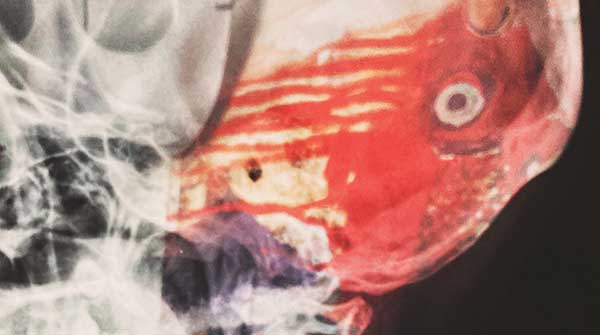Brain injuries dropped after Dartmouth eliminated tackling during practices
 Dartmouth coach Buddy Teevens made the bold move 12 years ago to eliminate live tackling during all practices. It was a gamble because neither he nor anyone else knew if Dartmouth could still be competitive on game days after making the move.
Dartmouth coach Buddy Teevens made the bold move 12 years ago to eliminate live tackling during all practices. It was a gamble because neither he nor anyone else knew if Dartmouth could still be competitive on game days after making the move.
However, Teevens has plenty of data now. Injuries have dropped significantly for Dartmouth, including brain trauma (concussions and subconcussive blows to the head).
And yes, Dartmouth has been very competitive on the field. They’ve won three Ivy League championships and have been ranked nationally, offensively and defensively, during several seasons since Teevens made the switch to a no-contact policy.
“I’m trying to convince people that there’s another way to do it, and it’s going to be safer in the long term,” says Teevens. “You end up with fewer players out with injuries, especially head injuries. A broken hand will heal. A damaged brain may not.”
 |
| More in Sports |
| The sports media is dropping the ball on key issues
|
| Brain injury focus needs to move from NFL to high schools
|
| How Kevin Bieksa conquered Hockey Night in Canada
|
Why haven’t other schools and conferences adopted the “Dartmouth Way” when it comes to eliminating live tackling during practice?
“Real change is going to take conference offices saying that we’re going to do this together, everyone’s on the same page, and we are all going to eliminate live tackling in practice,” says Teevens. “Otherwise, the one-off risk is too high for a lot of teams. Because what everyone wants is wins, and wins are not measured by how many concussions they’ve prevented.”
That’s a great point. A change like this has to be done collectively, across the National Collegiate Athletic Association (NCAA) so that nobody believes some teams have an unfair advantage.
Too bad the NCAA is so toothless these days.
Old school football coaches and fans think if you don’t practice live tackling with other players during the week, that tackling skills will drop dramatically, and the number of missed tackles will go up.
According to Teevens, that hasn’t been the case at Dartmouth.
“We went from missing a good bunch of tackles, like 15 to 20 a game, to just three to five,” says Teevens. “In my opinion, that’s because we tackle more than anybody else – we just don’t tackle each other.”
Yes, it’s a misnomer that Dartmouth doesn’t tackle in practice. Instead of tackling teammates, Dartmouth players tackle inanimate objects, not people. They tackle dummies moving at full speed. They use various dummies, including a robotic moving dummy called the “mobile virtual player,” which was developed in Dartmouth’s school of engineering.
“We tackle every day in practice,” says Teevens. “We do more tackling drills and break down each phase of the tackle.”
Teevens thinks that, eventually, all teams will move to his approach. If not, the game of football will be in jeopardy as the pile of research studies linking football to brain injuries and the long-term neurological disease chronic traumatic encephalopathy (CTE) gets taller.
“What we are doing is so simplistic and common sense; it’s just contrary to what people have done for decades. But unless we change the way we coach the game, we’re not going to have a game to coach.”
Inspired by Teevens and Dartmouth, the entire Ivy League has adopted a no-contact-during-the-season policy. While the league’s move doesn’t go as far as Teevens’ policy of no contact at any time – in season or out – it was a strong statement by the Ivy League and its coaches – who voted unanimously in its favour. The league is clearly taking player safety and brain injury risks seriously.
Here’s hoping the rest of the Football World is paying attention.
Ken Reed is sports policy director for League of Fans (leagueoffans.org), a sports reform project. He is the author of three books on sports issues: How We Can Save Sports; Ego vs. Soul in Sports; and The Sports Reformers; and a children’s sports book titled Sara’s Big Challenge.
For interview requests, click here.
The opinions expressed by our columnists and contributors are theirs alone and do not inherently or expressly reflect the views of our publication.
© Troy Media
Troy Media is an editorial content provider to media outlets and its own hosted community news outlets across Canada.

